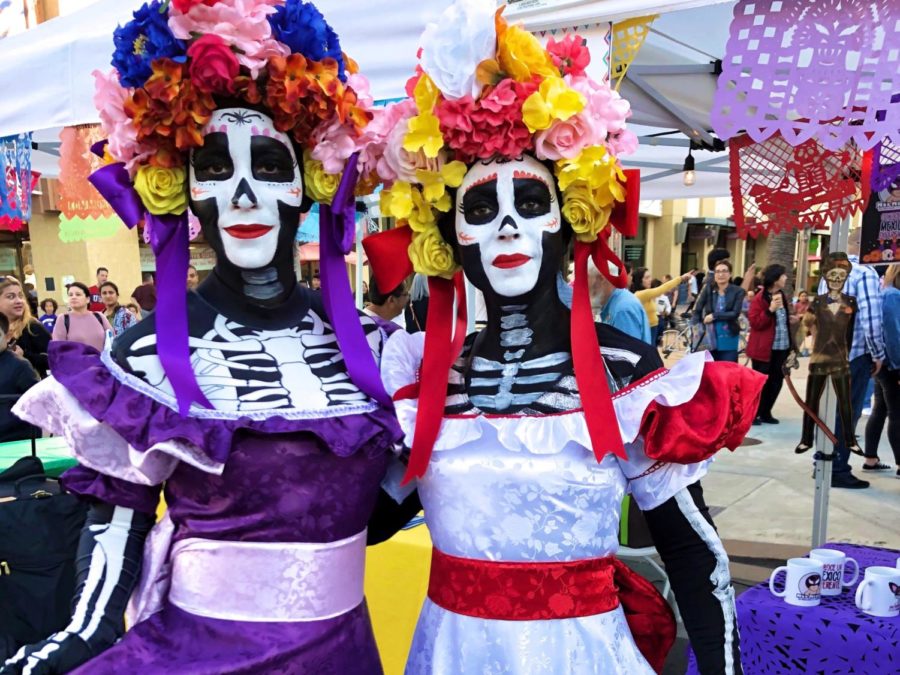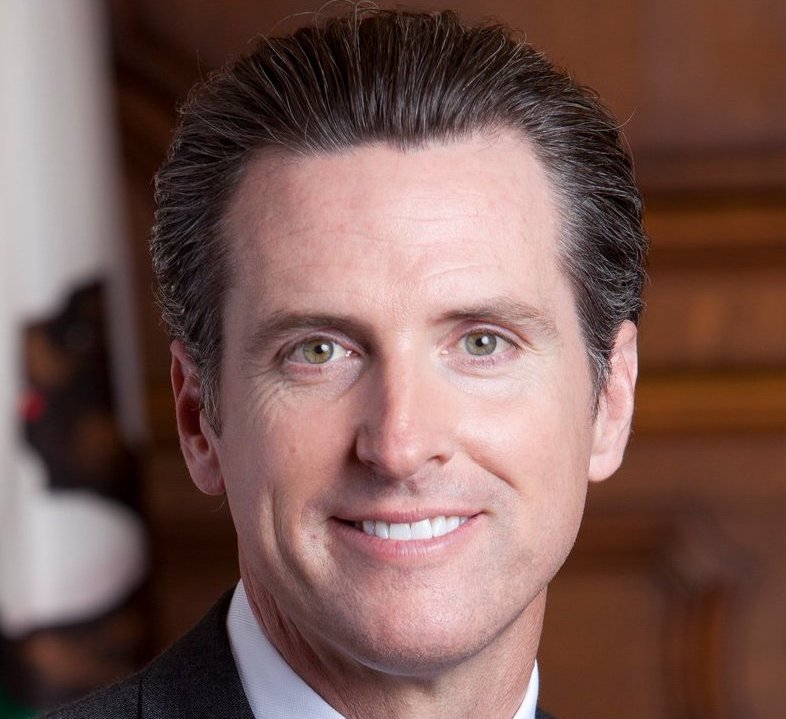In a nearly unprecedented turn of events, Pope Benedict XVI resigned Feb. 28, 2013.
This news brought about much confusion; because something like this has never happened in our lifetime, several people found themselves asking questions such as “Is he allowed to do that?” “How does this work?”
The pope is allowed to resign; however, because so few popes have resigned, it seems more shocking than it actually may be. In fact, the last pope to resign was Pope Gregory XII in 1415. Pope Gregory XII resigned in order to end the “Great Western Schism.”
However, it is unclear as to why Pope Benedict XVI stepped down from the papacy and may remain that way.
There are several theories, but the most prominent and likely of these theories revolves around a faction of gay priests within the Vatican.
Another fairly popular theory is that Pope Benedict XVI resigned because he was facing criminal charges for protecting child-molester priests.
This is a well-known theory due to the fact that the Roman Catholic Church has become infamous for allegations of child sexual abuse in recent years.
“I think he resigned because he wants to be remembered how he is right now: a messenger of God,” said Gianna Glazer, a freshman at Carlmont.
The questions now are who will take over as pope and how it will happen.
The pope is elected by 120 cardinals within the Catholic Church. They congregate in conclave in the Vatican, this year starting on Tuesday, Mar. 12, and do not come out until they have chosen the new pope.
On Wednesday, Mar. 13, the white smoke appeared from the Vatican, signaling the election of the new pope. Cardinal Jorge Mario Bergoglio of Buenos Aires was chosen to be the 266th pope, adopting the name Pope Francis.
“Because he’s a Jesuit, he’s going to make a difference for all the Christian people in the world. Also because of that, a lot of Catholic schools are really happy about it, especially St. Francis” said Gianna Glazer. “I respect him for taking on the job of the messenger of God.”






